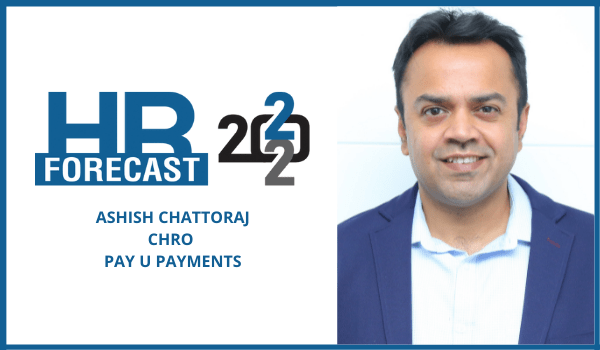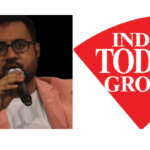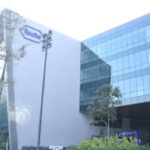A big change in 2022
As this will be the third year of working from home for most organisations, we will see a concrete and marked shift of HR policies and functions towards a hybrid working culture. This will be reflected in the workspaces. Organisations will adopt managed spaces and co-working spaces more readily. Physical office spaces and cities will no longer be constraints for people. Therefore, there will be a greater rise in gig workers and the gig economy. This will also impact the traditional manager employee relationship, and HR will need to implement more flexible policies and programmes to ensure that the virtual world can create the same synergies as the physical office spaces. There will be brutal war for talent in 2022, and we will continue to see the trend of perks for retention of key individuals. Companies will ensure that roles and assignments are interesting and fulfilling, and there will be more flexibility in horizontally-expanding roles. We will also see a focus on continuous upskilling of the workforce as an investment in the growth and development of employees.
HR to look beyond models and practices; be more innovative and hands on
HR is already on its way to becoming much more innovative and hands-on than it has ever been. War for talent, burnout, empathy at work, generational disparities and other such strong forces are catalysing this shift, much faster than was originally anticipated. From ‘pet-adoption leaves’ to ‘virtual wellness initiatives’ to ‘hybrid performance management protocols’, HR departments across a broad spectrum of industries have had to adapt to the changing needs of the modern workforce. This, in turn, has been affected by a rapidly-evolving workplace. Core functions such as evaluation have undergone a change. For instance, at PayU, we have done two main adjustments to our performancemanagement system. Firstly, we introduced quarterly goal-setting processes that are more short term. Secondly, we have built in 10 per cent weightage of every employee’s goal for their self-development.
“Hybrid work model will impact the manager-employee relationship. HR will need to come up with flexi policies”
Learning be driven by social, technology or content
I think it will be all three! The typical learner has the potential of turning away from a learning journey if there is a lack of any of these factors. And therefore, to deliver a ‘wow!’ learning experience for the learner and a superlative RoI for the organisation, this triad has to click. Although the relative impact may differ in different scenarios, if any of these parameters weakens, the learning experience is likely to be suboptimal.
That is why, at PayU, we try to ensure that the learning resources we provide employees — such as our AI upskilling programme, courses, degrees and learning material — have a good blend of all three factors. An interesting way to visualise this is to imagine experiencing a wonderful dinner – the company, the service at the restaurant and the food —all need to come together for a ‘wow’ experience!
Value our content... contribute towards our growth. Even a small contribution a month would be of great help for us.
Since eight years, we have been serving the industry through daily news and stories. Our content is free for all and we plan to keep it that way.
Support HRKatha. Pay Here (All it takes is a minute)




































